Many people have been curious about the term “Soulaani/Soulaan” and what it means. Soulaan means people of soul. It is an homage to Southern African Americans, largely from where most African Americans descend.
Soulaan is a term used to describe Black people who descend from chattel enslavement in the United States. Other more familiar terms include African American, Afro-American, Black American, American Descendents of Slavery (ADOS), or Foundational Black American (FBA).
African Americans’ decision to rename themselves is not new, nor is it controversial. In 1950, it was still common for African Americans to be called Negros. In the 1960s, the Black Power movement was launched, and people were proud to call themselves “Black Americans.” For so long, “Black” was used in a negative manner, and Black Americans hope to reclaim it.
In the 1980s, civil rights activist Rev Jesse Jackson popularized the term “African American” to promote pan-Africanism among the diaspora. The idea was for African Americans to realize that they belonged to a larger group of other Black people worldwide.
Some pushed back against the term. Some felt like their connections to Africa had been lost in previous generations. Others argued that it was confusing. Were first-generation Americans from places like Nigeria, Ghana, and Senegal considered African Americans? What about white South Africans who had migrated to America? Were they African Americans too?
If you ask 50 Soulaans their opinions on the name change, you’ll hear many different answers. That’s why I think it’s important to recognize that African Americans have varying opinions on many subjects. I invite conversations like this, and although we may not agree all the time, making a decision to carve out how you wish to be called takes guts, and it should be admired.
Why Do Some African Americans Call Themselves Soulaans?
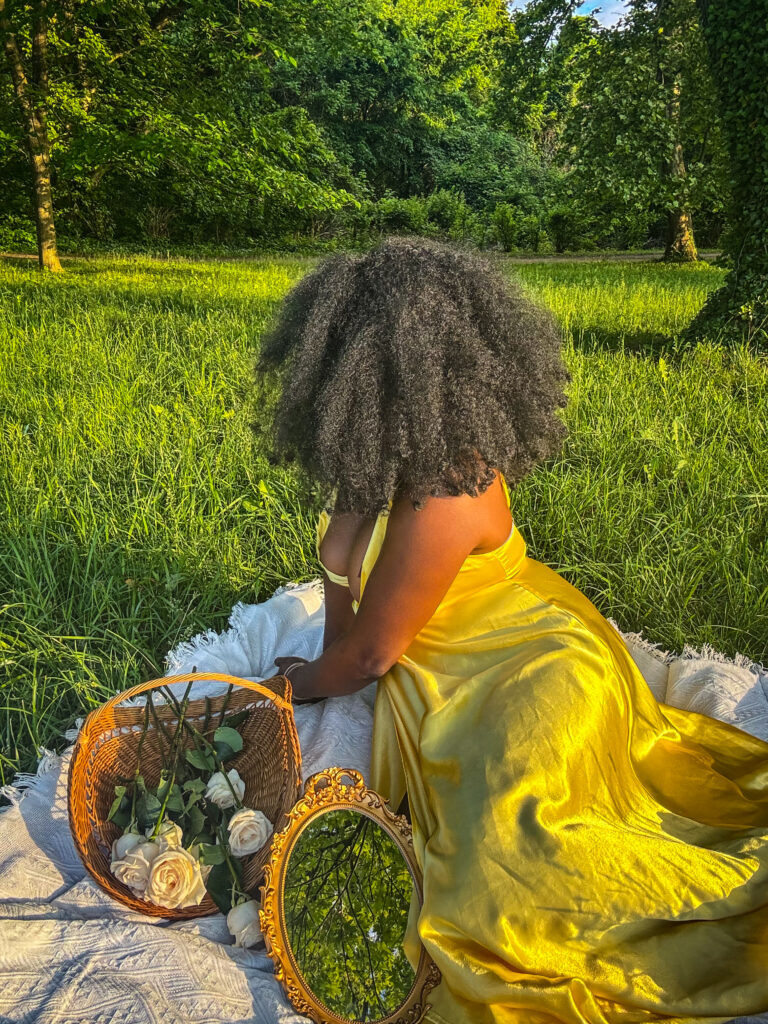
Quite simply, African Americans call themselves Soulaans to self-identify themselves, to celebrate their culture, and to be intentional about cultivating African American culture.
Every culture has the opportunity to shape its customs, naming practices, and history. The Soulaan movement is hoping to do the same.
What is the Soulaan Flag: The African American Flag
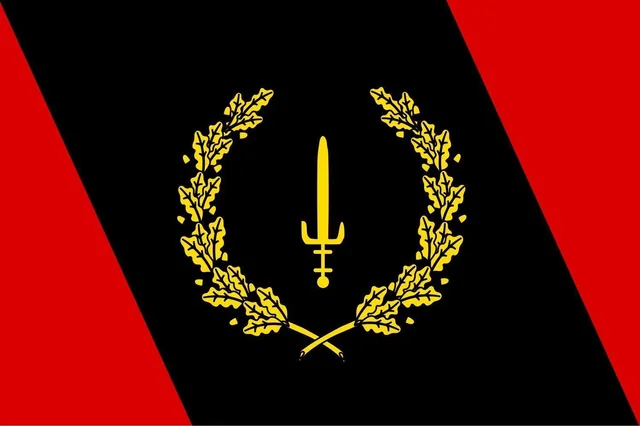
The Soulaan flag was designed by Melvin Charles and Gleason T Jackson in 1967 in response to the things that took place during the Civil Rights Movement. They were hoping to do something to make progress for the African American community and finally decided to make a flag that would serve as a representation of African American culture.
Although the Soulaan flag shares similarities with the Angolan flag, it was used at least 10 years before the Angolan flag was adopted. It features a Blunted sword in the center, surrounded by a wreath of figs. The blunted sword symbolizes pride and the ability to blunt the early. The flag features red and black stripes. The black represents the pride of having Black pigmentation. The red represents the blood that Black women, men, and children have shed in the fight for freedom, equality, justice, and human dignity all across the globe. The gold represents prosperity, intellect, and peace.
Melvin Charles is quoted as saying they faced opposition to the flag, but others supported it. Just like today.
What is African American / Soulaani Culture?
African American culture was born out of creativity, memories of our African ancestors, and ingenuity. Hip Hop was inspired by the Wolof people in Senegal’s griot culture. Soulaani’s love of gold can be traced to the Akan people of West Africa. Gumbo is rich African American dish that can be rooted back to West Africa.
African Americans have a rich and long-lasting culture that has inspired people all over the globe. When we think about where African American culture comes from, we think of West Africa, but we also think of right here in America.
Jazz was born in Soulaan culture, and double Dutch, as we know it, was also born in Soulaan/African American culture. The type of beads that little Soulaan girls wear is peak Soulaan culture, as are name chains and doorknocker earrings. Eating greens and black-eyed peas is Soulaan culture. Hip-hop fashion was born here in the United States.
Look at Italian Americans; although they are proud of their Italian heritage, Italian American culture and cuisine are a bit different than Italian culture and cuisine. Italians in Italy don’t eat meatballs and spaghetti, but that became a staple in Italian American culture after thousands left Italy for America and had to make do with what they had.
Like Italian Americans, Soulaanis have African ancestry, and you’ll find lots of commonalities but also lots of new inventions because they had to make do when they were trafficked to a new land. Real Soulaanis do not reject their roots (unlike those weird Foundational Black American cult followers).
Is it Self Hate to Describe Oneself as Soulaan, Rather Than Black?
No, being Soulaani does not mean that someone isn’t Black or of African descent. Black is a color, and the Soulaani people are proud of their color, culture, and history. It isn’t racist for a Mexican person to describe themselves as Mexican or “Brown.” No one bats an eye when an Indian person describes themselves as Tamil or Urdu. That doesn’t mean that they don’t also identify as Brown.
Some African American groups attempt to distance themselves from Africa. The groups American Descendants of Slavery (ADOS) and Foundational Black Americans (FBA) have made many questionable comments about Africa, immigration, and other social issues, but those who identify as Soulaans are not widely known. And unlike the FBA or ADOS, there haven’t been any widely known leaders using this identity to scam their followers.
What Do You Think? Please comment and let me know what you think about identifying as Soulaan or Soulaani.
Interested in Visiting Africa? Check out these posts
- Senegal Travel Guide: Read this Before Going to Dakar
- Best Neighborhoods To Stay In Dakar with Hotels
- Things to Do in Egypt: The Ultimate Egypt Travel Guide
- The Ultimate Travel Guide to Abidjan
- Where to Stay in Cape Town: Safe Neighborhoods + Hotels
- +10 Fun and Unusual Things to Do in Cape Town
- Best Things to do Sharm El Sheikh
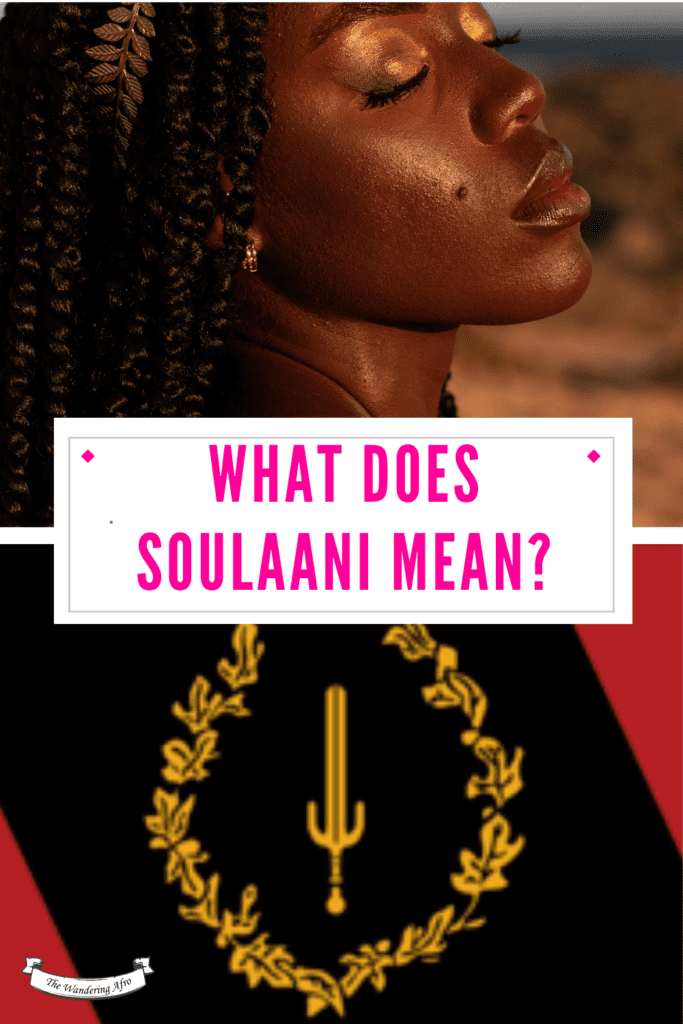
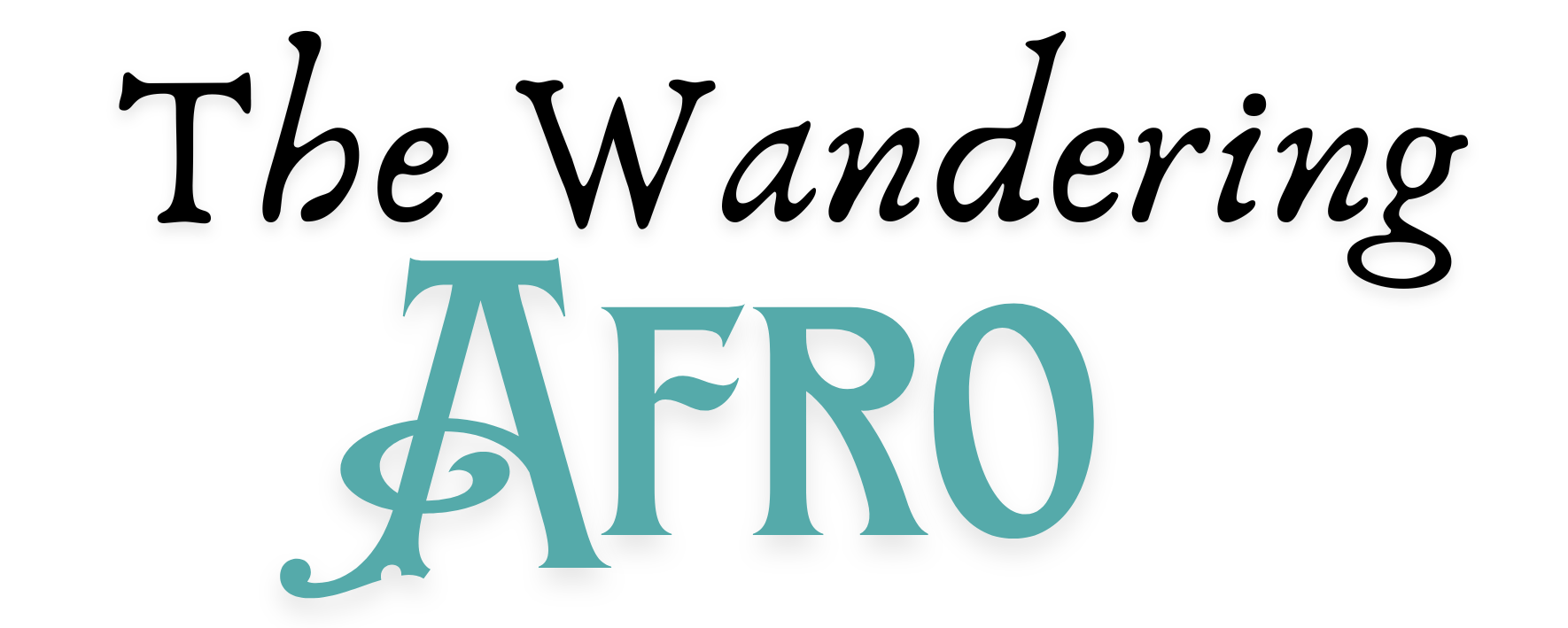
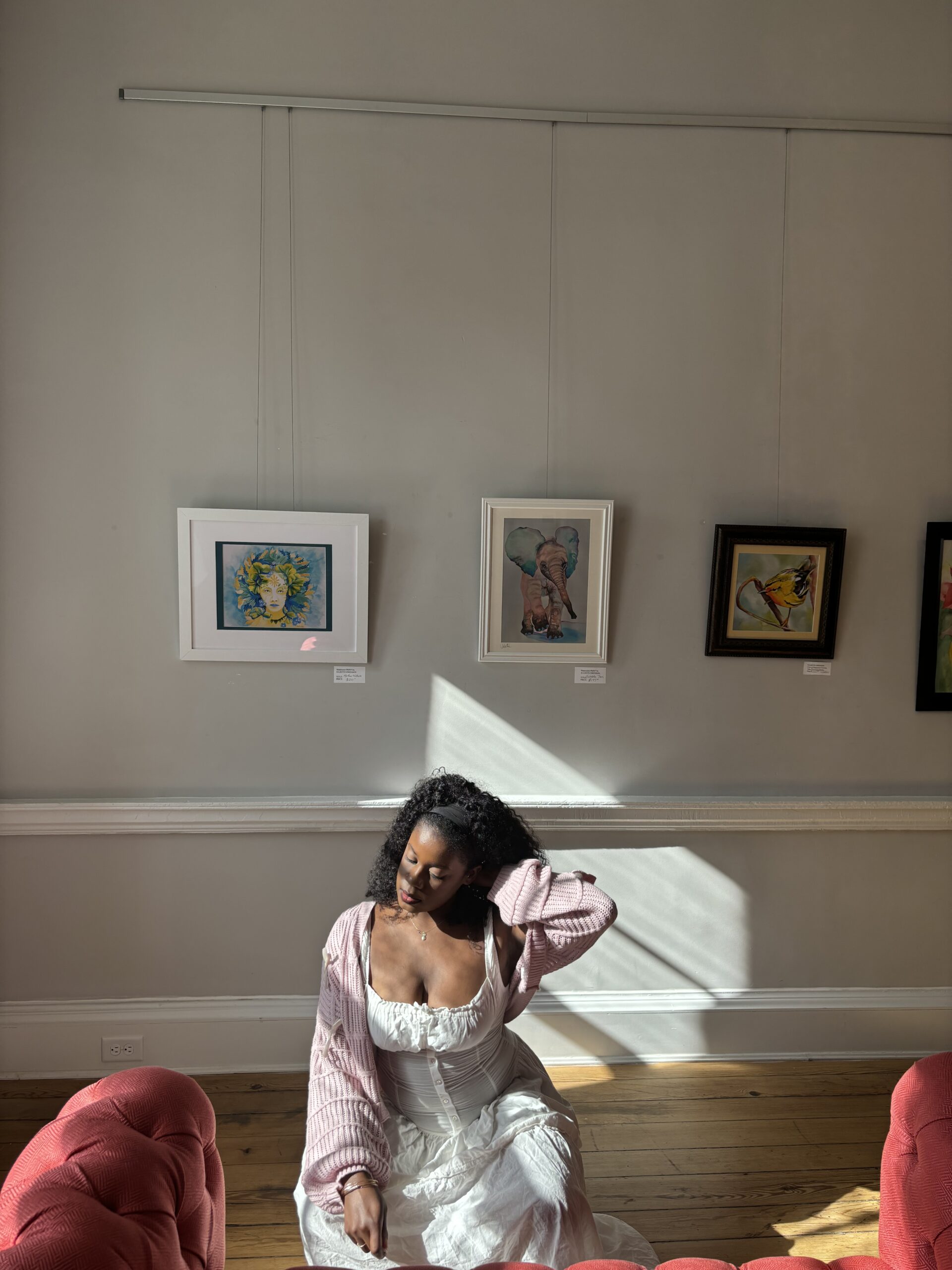
Hello this is Maroc, a Co-Creator of Soulaan, Soulan. Me and the other creators would appreciate some adjustments to your article to correct the record. Please feel free to contact me.